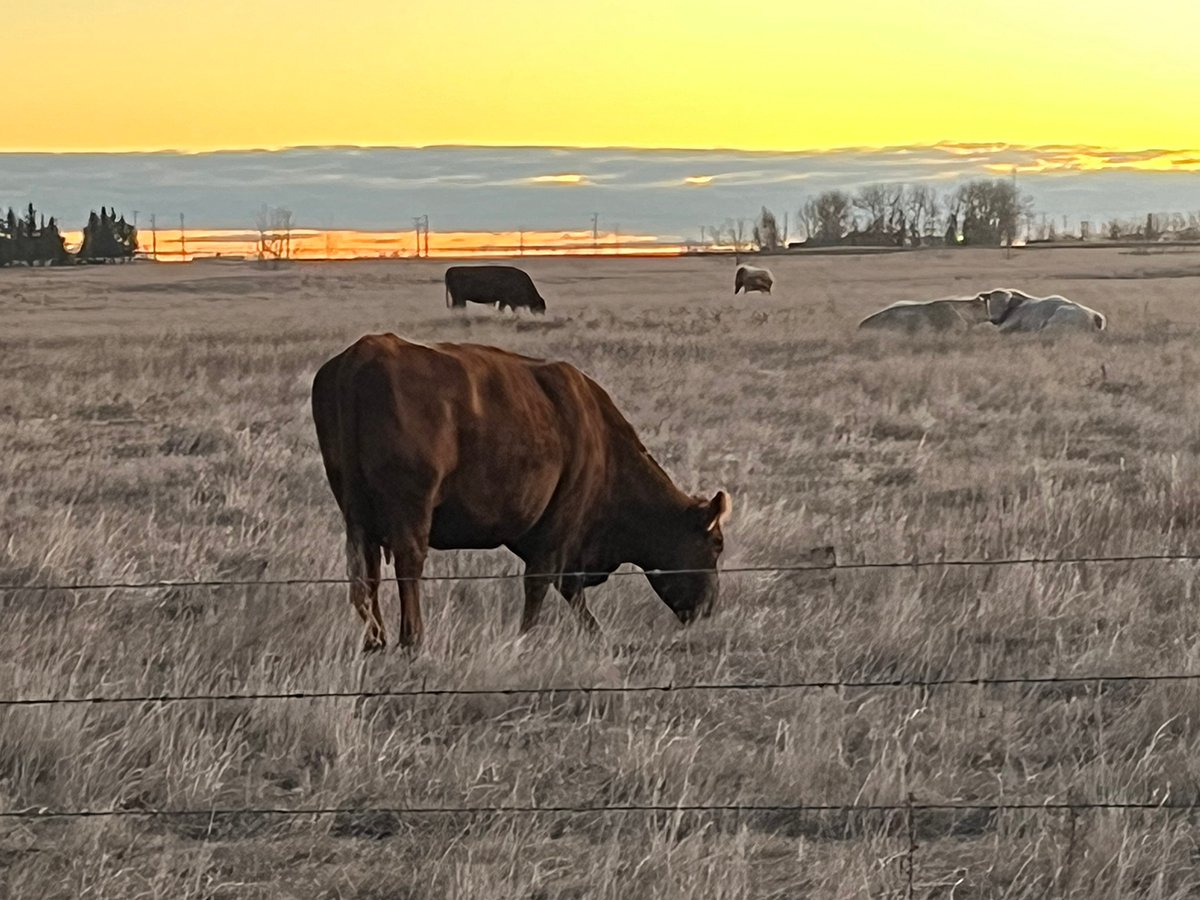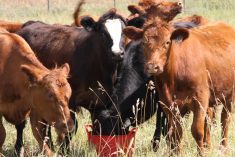PRINCE GEORGE, B.C. – With more than 2.9 million hectares at stake, British Columbia cattle producers continue to insist they are part of native land claims settlements.
About two-thirds of the ranchers who use range tenures to graze their cattle on government land could be affected if the B.C. and federal governments agree to settle claims with land rather than money. Giving up land is unacceptable to organizations like the B.C. Cattlemen’s Association, whose members rely on government-owned land for pasture.
“We definitely will not condone or stand for treaties that tinker with deeded land, tenures, licences or permits. This is where we will draw the line,” said Lorne Greenaway, at the association’s recent convention in Prince George.
Read Also

Animal protection delivery to change in Saskatchewan
The Saskatchewan government is looking for a new agency to handle animal welfare after Animal Protection Services of Saskatchewan decided not to renew its contract next year.
Greenaway is the association’s native claims co-ordinator and former B.C. Treaty Commission commissioner.
There are 47 native organizations in the treaty commission process representing 70 percent of the province’s aboriginal population. Negotiations are lengthy, covering a six stage process.
Uncertainty prevails over how settlements are being handled and ranchers were encouraged to get involved in as many meetings as possible to keep up with negotiations.
Compensation low
Greenaway said compensation estimates for third party groups affected by settlements ranges from $160 to $380 million, which he fears is too low.
In a BCCA position paper released last year, the main argument said all settlements must be final and in the form of cash, not land.
The association doesn’t believe B.C.’s natives can become economically independent with land settlements alone.
“With money, native people can acquire the land and resources that they choose on the open market, and be welcome as neighbors provided that sales are genuinely voluntary,” said the position paper.
B.C. ranchers have held grazing leases since the late 1800s and range tenures have been in existence since the first grazing legislation was passed in 1919. Many tenures are still attached to the original ranches and families.
In Saskatchewan, 25 bands have settled for $450 million.















